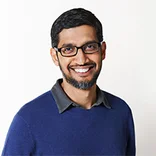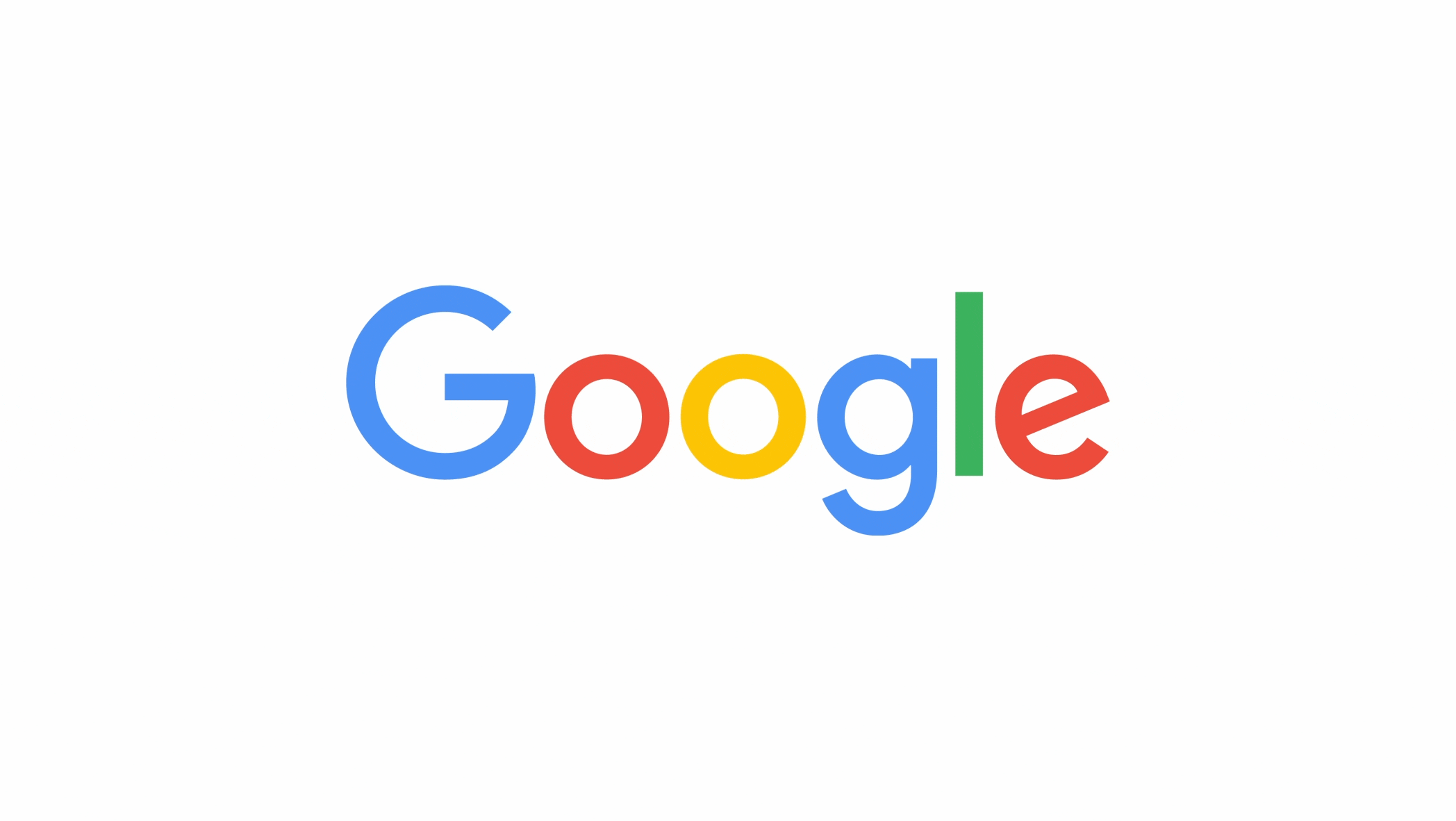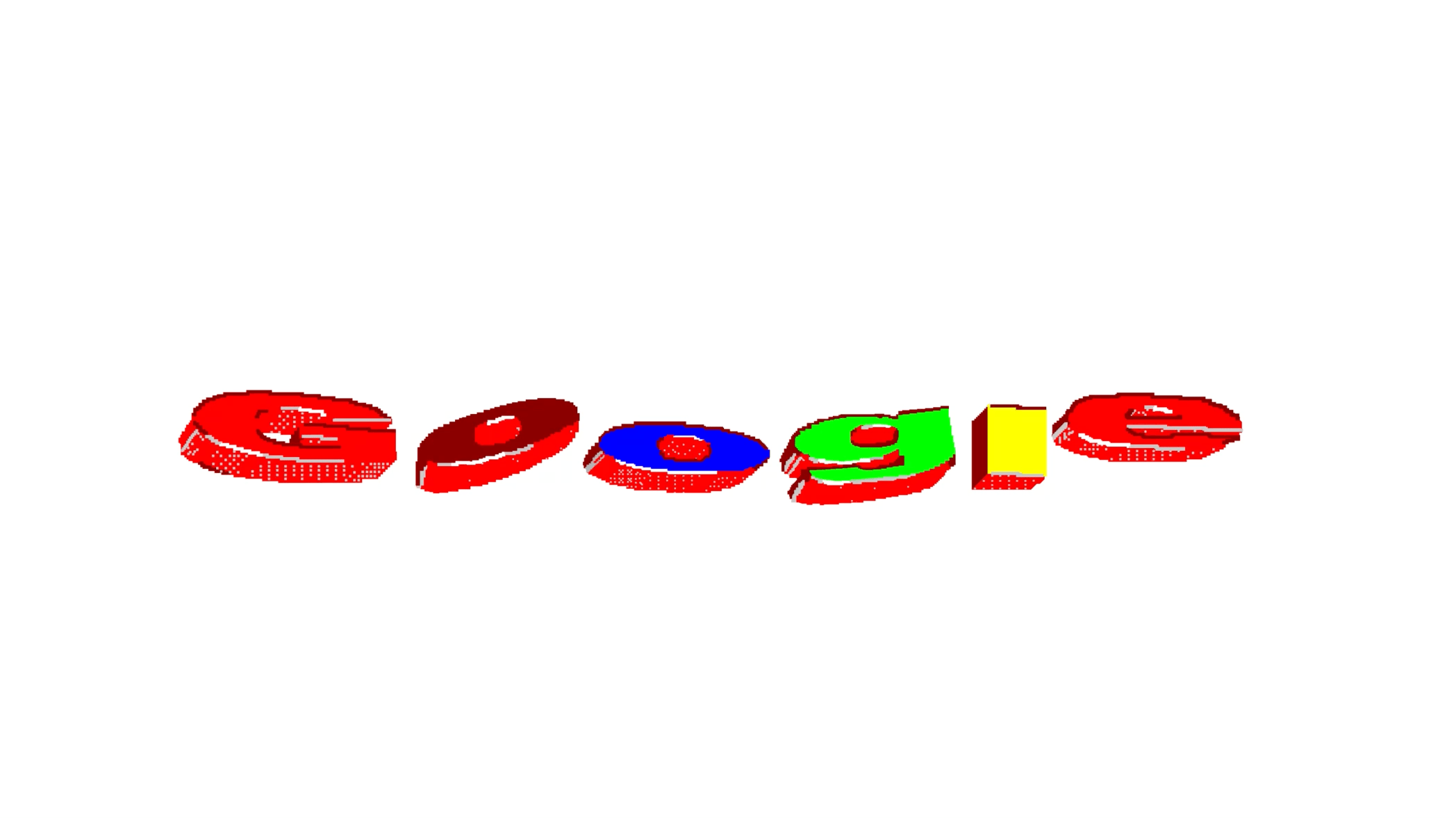COVID-19: How we’re continuing to help
For 21 years, Google’s mission has been to organize the world’s information and make it universally accessible and useful. Helping people get the right information to stay healthy is more important than ever in the face of a global pandemic like COVID-19. Since my last update, we’ve accelerated our work to help people stay safe, informed and connected. Here are the latest developments in our ongoing global response.
Helping people find useful information
We’re partnering with the U.S. government in developing a website dedicated to COVID-19 education, prevention, and local resources nationwide. This includes best practices on prevention, links to authoritative information from the World Health Organization (WHO) and the Centers for Disease Control (CDC), and helpful tips and tools from Google for individuals, teachers and businesses. We’ll be rolling out an initial version of the website late Monday, March 16, and we’ll continue to enhance and update it with more resources on an ongoing basis.
We also continue to help people find timely and useful information through our products, including Search, Maps and YouTube. Right now on the Google homepage we’re promoting a campaign to raise awareness of simple measures people can take to slow the spread of the disease, according to the WHO. In the first 24 hours, these tips have already been seen by millions in the U.S. We’ve added more useful information to our COVID-19 SOS Alerts, including links to national health authority sites and a map of affected areas from the WHO.

Simple measures people can take to slow the spread of the disease, according to the World Health Organization.
On YouTube, we’re using the homepage to direct users to videos from the CDC or other locally relevant public health agencies. We’re highlighting content from authoritative sources when people search for COVID-19, and inserting information panels to provide additional context from high-quality sources.
With so many disruptions to daily life, people are looking for more information about school or business closures. Based on data from governments and other authoritative sources, Google Search and Maps will now display if a place, like a school or local business, is temporarily closed. In the coming days, we’ll make it possible for businesses to easily mark themselves as “temporarily closed” using Google My Business. We’re also using our artificial intelligence (AI) technology Duplex where possible to contact businesses to confirm their updated business hours, so we can reflect them accurately when people are looking on Search and Maps.
For travelers looking for which airlines are offering flexible cancellation policies and change fees, we’re helping to direct users of Google Flights to a special webpage with the information they need. This page is currently offered in English, with more languages coming soon.
Protecting people from misinformation
Promoting helpful information is only one part of our responsibility. We’re also removing COVID-19 misinformation on YouTube, Google Maps, our developer platforms like Play, and across ads. On YouTube, we’ve taken down thousands of videos related to dangerous or misleading coronavirus information, and we continue to remove videos that promote medically unproven methods to prevent coronavirus in place of seeking medical treatment. On Google Maps, our automated and manual review systems continue to take down false and harmful content such as fake reviews and misleading information about healthcare locations.
When it comes to advertising on our platforms, we have strict policies to govern the types of ads we allow. This includes a sensitive events policy which prohibits advertising that may try to capitalize on tragic events such as a natural disaster, conflict or death. Since January we’ve blocked hundreds of thousands of ads attempting to capitalize on the coronavirus pandemic, and last week we announced a temporary ban on all ads for medical masks and respirators.
Enabling productivity for remote users and students
As more employers have asked workers to stay at home to help slow the spread of COVID-19, we’re seeing more people using the premium features of Meet, our video conferencing app, which we made available to all G Suite customers at no cost until July 1, 2020. We’ve also shared tips and resources for remote workers of all kinds.
For educators around the globe, we’ve created new distance learning resources, including a collection of training materials, a new YouTube Learning Hub, and a series of blog posts and webinars. We're working with Google Educator Groups around the world, for example in Hong Kong, Japan and Taiwan, to provide local content from teachers for teachers. In Italy, we’re helping schools quickly get set up with G Suite for Education and are working to provide additional technical support through partners. We’ll continue working with educators to see what more we can do to help as they navigate the transition to distance learning.

For educators and schools facing closures, distance learning tools can help keep students engaged.
Supporting relief efforts and government organizations
Through our philanthropic arm Google.org, we are committing $50 million to the global COVID-19 response, focusing on health and science, access to educational resources and small business support.
We have been working in close collaboration directly with the WHO. As part of that collaboration, on Friday we announced we’ll be matching up to $5 million in donations to the COVID-19 Solidarity Response Fund for the World Health Organization (through the UN Foundation). The fund will help the WHO track and understand the spread of the virus and help frontline workers with essential supplies and information. We also made a $500,000 grant to a team of researchers, epidemiologists and software developers at Boston Children's Hospital working on HealthMap, a website that provides up-to-date trends of emerging public health threats and outbreaks. Our grant and technical expertise will support development of their infrastructure to inform COVID-19 response and epidemiological modeling.
In the coming weeks, we’ll launch a Distance Learning Fund to help learning continue around the globe, as well as support for small businesses, including resources and access to capital.
Another way we’re supporting governments and relief organizations is through our $25 million Google Ad Grants crisis relief program. To date, COVID-19 public service announcements are live in more than 15 countries.
Advancing health research and science
Alphabet’s Verily, which is focused on health and life sciences, is working in collaboration with California state, local and federal health authorities to help establish testing sites in the San Francisco Bay Area, and on an online tool to increase risk screening and testing for people at high risk of COVID-19. Californians will be able to take an online COVID-19 screener survey through Verily’s Project Baseline, and those who meet eligibility and requirements for testing will be directed to mobile testing sites based on capacity. While Verily is in the early stages of this pilot program, the plan is to expand to other locations over time.
As previously shared, DeepMind released predictions that could help scientists better understand the coronavirus protein structure in order to develop future treatments.
Taking care of our global community
Across all of this work, we’re focused on the impact the disease is having on our communities. That includes our own workforce. Last week, we established a COVID-19 fund, which will allow all our temporary staff and vendors globally to take paid sick leave if they have potential symptoms of COVID-19 or can’t come into work because they’re quarantined. We’ll continue to make sure our workforce is supported as this crisis evolves.
In this unprecedented moment, we feel a great responsibility to help. We’ll keep doing everything we can to deliver on our mission, and help people take care of themselves and their communities.





